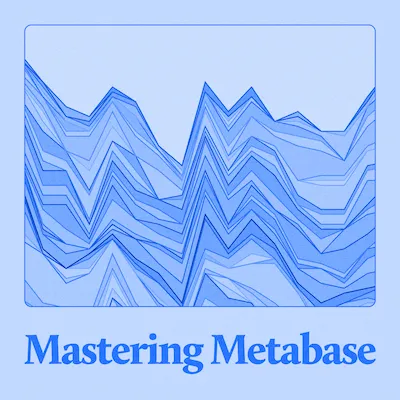
When is the right time to switch to a data warehouse
· 45 minutes
About this event
On June 29 we meet with Ali Baghshomali, the founder of Mentat Analytics, a data consultancy agency, and a Metabase Expert to talk about the right time to switch to a data warehouse.
Guest

Ali Baghshomali
Founder, Mentata Analytics
Ali is a founder of Mentat Analytics, an analytics consulting agency, and a Metabase Expert specializing in high-growth startups. He is also the creator of Product Analytics Academy, which offers a product analytics course for product managers. He previously worked at Bird and BuzzFeed.
Summary
This event covers three topics related to data warehousing: the difference between a data warehouse and a traditional database, the role of a warehouse in the modern data stack, and the right time to transition to a data warehouse.
See the full video to get an overview of transferring data from your application database to your data warehouse from Ali Baghshomali, a founder of Mentat Analytics.
In this webinar, Ali describes how warehouses and application databases do essentially the same thing, but they are optimized for different purposes. Warehouses pull data in and store it in a way that's more analyst friendly, whereas databases store data and use it in a more product-friendly capacity.
Ali also breaks down the core indications that it’s probably time to move to a data warehouse, like when you have a large, growing user base, and query results are large. Processing power can play a role in data analysts and scientists being able to do their job efficiently. Or when you’re using several data sources and need to analyze both sets of data together efficiently.
There is an overview of ETL tooling and how it supports data warehouses as a destination for storing data. And helpful advice that managing and maintaining a data stack requires time and skill to write and maintain, so it is generally not recommended to invest in a data warehouse if you plan to leave it unattended after the initial setup. A traditional database might be more suitable for this scenario.









